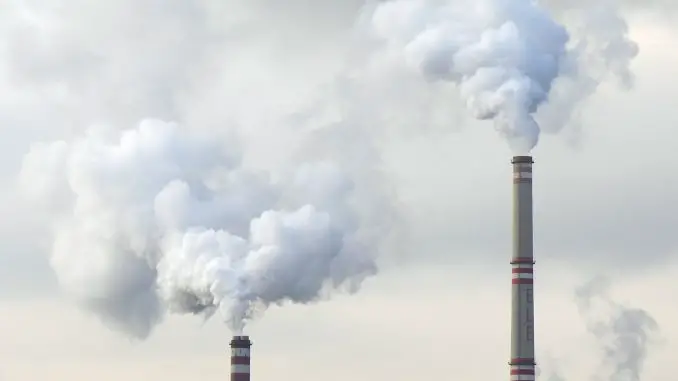
This is fossil fuels and how they work.
There are many ways to use fossil fuels. On the one hand, they can be used as fuel directly in an engine, and on the other, they can be converted into energy in the form of electricity. Around the world, there are quantities of coal and oil power plants that burn fossil fuels to boil water into steam that drives electricity generators. In several countries, this is the dominant source of energy. This applies, for example, to large countries such as China and Germany. The power plants are fully controllable and generate the amount of electricity needed here and now. It makes them comfortable to use.
What are fossil fuels?
Fossil fuels can be seen as stored biomass that re-enters the cycle. Coal and oil are ancient plants that have been pushed down into the earth’s crust and then subjected to high pressure for millennia. In itself, new fossil fuels are formed over time, but in relation to the extraction made by man, only one percent of the stocks are replaced naturally. The long process of transformation means that we humans must look at the stocks that are fixed, that is, as a finite resource. And when we burn them, the natural balance of the carbon cycle on earth changes.
Fossil fuels and the environment
Fossil fuels affect the environment and people in a variety of ways. At a local level, particulate emissions and harmful substances cause diseases and premature death. Globally, they are the biggest cause of climate change as we release carbon dioxide that has not been in the cycle before. This means that the levels of greenhouse gases in the atmosphere increase and the temperature of the earth rises.
Coal and oil are worse than natural gas, which does not emit as much carbon dioxide and does not contain as many hazardous substances. However, the purification in modern coal-fired power plants and in fossil-fuel-powered engines has improved in recent years, which has reduced the health risks for humans.
Illustration of fans capturing carbon dioxide.
Research is underway on ways to capture the carbon dioxide fossil combustion has emitted. Illustration: Carbon Engineering
Fossil fuels are a finite resource that soils and causes climate change. Therefore, in the long run, it is not sustainable to build a society on energy from fossil fuels. At the same time, we would never have achieved the development of technology and society that today gives us increased welfare and reduced child mortality without these fuels. The carbon dioxide we emit through fossil combustion is jeopardizing the earth’s natural balance and the transition is slow because the total emissions in the world are increasing rather than decreasing.
In order to solve this problem, carbon dioxide could be captured in various ways and again bound to the ground. This can be done by trapping carbon dioxide at the power plants and pumping it into the soil, so-called carbon capture. Some scientists also believe that you could (or should) suck carbon dioxide out of the atomic sphere in different ways. However, this requires very large-scale engineering

Leave a Reply